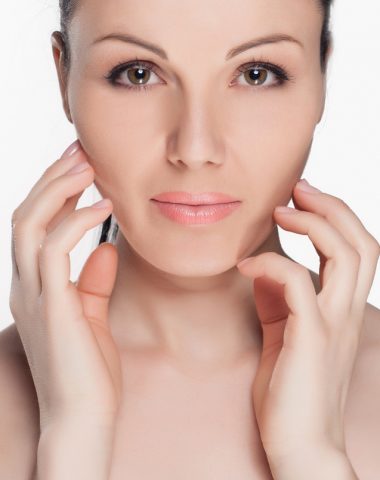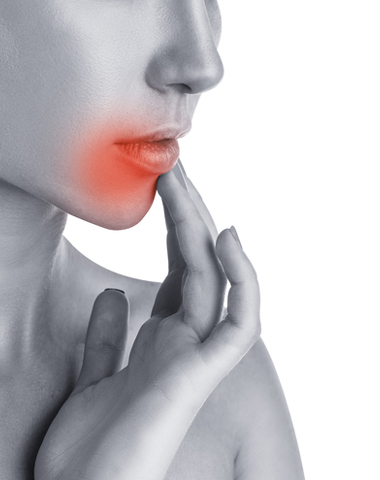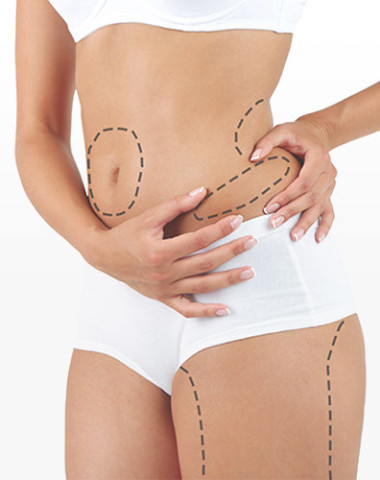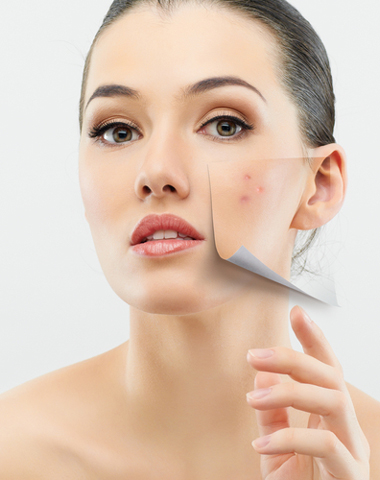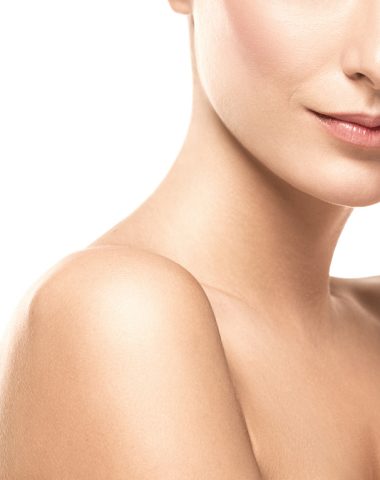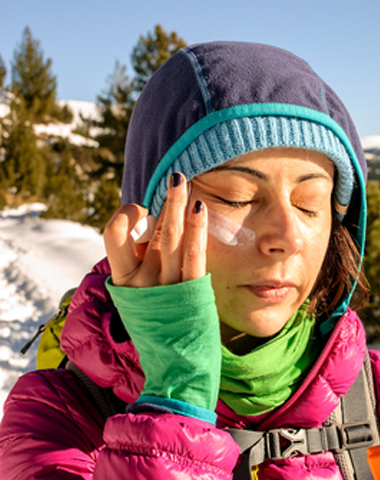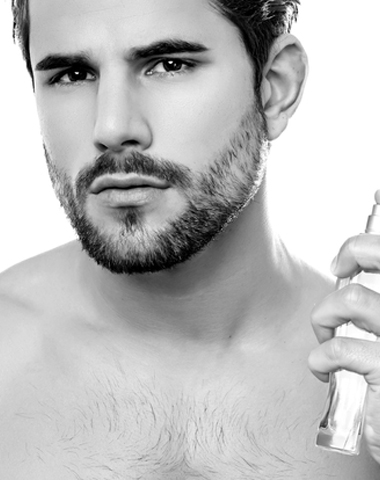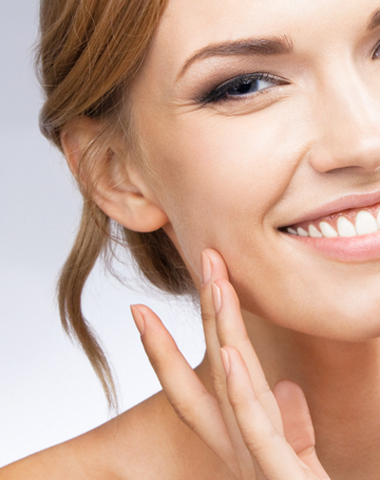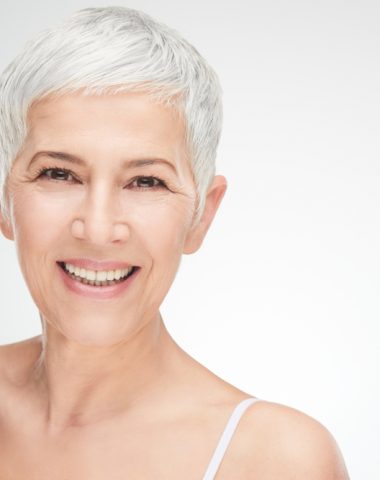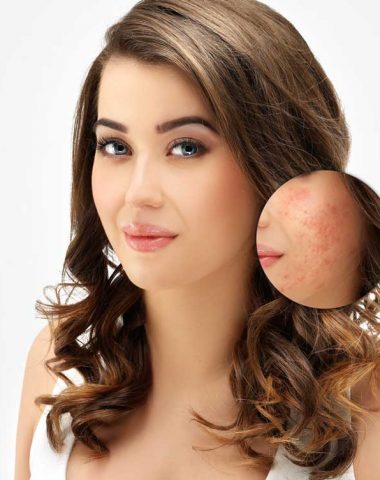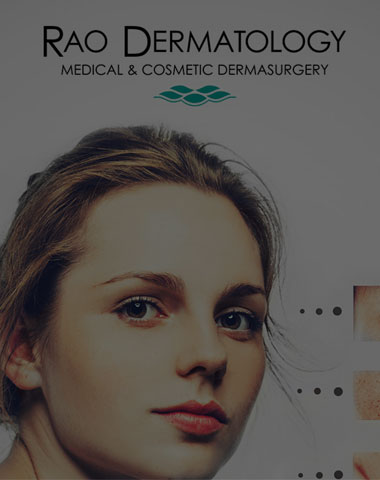Are you itching to take a break from your daily work-filled routine and let loose? We’ve all had stories of the odd random wild or crazy night—we welcome that. However, if alcohol consumption has a frequent slot in your week’s endeavors you might want to rethink your decision after considering the impact it has on your skin.
night—we welcome that. However, if alcohol consumption has a frequent slot in your week’s endeavors you might want to rethink your decision after considering the impact it has on your skin.
Alcohol is a toxin, simply put. After enough bodily exposure, it is destined to onset a series of negative effects, most prominently harming the liver. Scientifically classified a hepatotoxin, it functions as a blockage to cells that are responsible for detoxification. If the cells are inhibited from performing their natural purification process your skin suffers. Overtime, your skin begins to appear dull and may resemble characteristics synonymous with an individual with liver disease.
Alcohol consumption also prompts dehydration. Vasopressin, a hormone that promotes water retention, is a necessary process for successful hydration. When you consume alcohol, it delays vasopressin production, which causes your kidneys to do twice as much work to remove excess water from your body. As a result, your organs experience thirst. This internal dryness triggers wrinkles at a much faster rate than external dry skin. Your skin may also begin to look pale due to the body’s lack of vitamin A (cell renewal).
Finally, alcohol contains congeners, which are produced during fermentation. The greater the congeners in your beverage, the greater the hangover the next morning. Consequently, this positive correlation extends to your appearance. The more severe your hangovers the less appealing you look the following day. If you have more and more hangovers, your skin’s radiance will fade and you will trigger early aging.
Don’t be discouraged, you can still have a little wine, but do all things in moderation. Have a little gin, but don’t jeopardize your skin.

